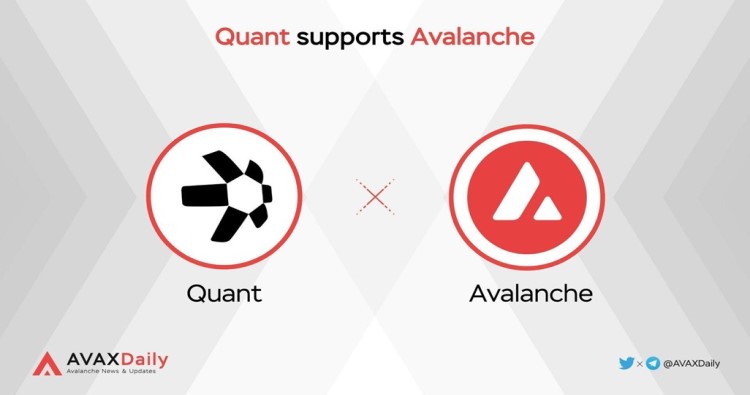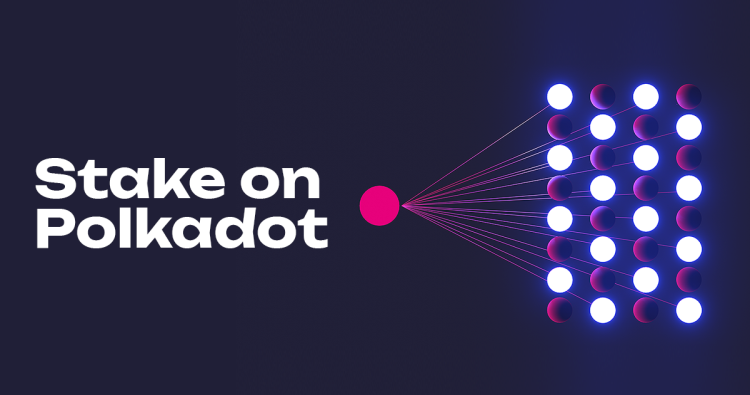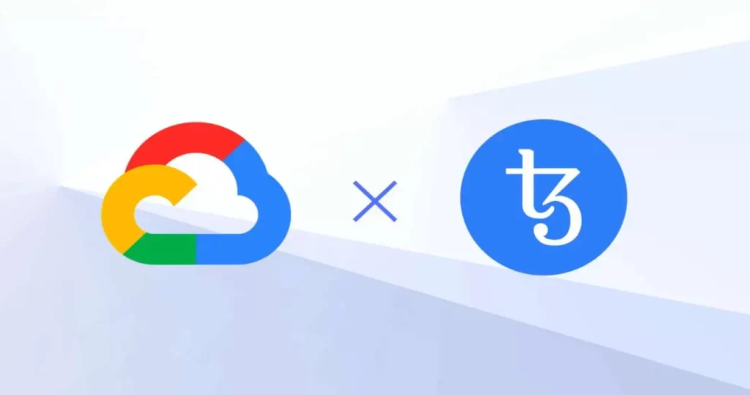
Metis Upgrade Technical Roadmap
The development of Metis is coming along in leaps and bounds, providing users with a fast and easily accessible open collaboration layer-2 solution for Ethereum. The platform has introduced many enhancements, including gas computation, peer node support, community validator program, and Smart L2, which allows for lower fees and higher security.
Metis achieved several significant milestones in 2022, reaching over 100 verification nodes and launching a community ecosystem management initiative. In 2023, the platform plans to continue its efforts in decentralization.

Upgrade to premium
Metis is expecting to take major strides towards decentralization in 2023. The main goal is to decentralize sequencers and governance.
Decentralization of Sequencers
Metis plans to introduce the Bedrock system, designed by Optimism, to further reduce fees. The upgrade will include several interesting features, such as the ability to implement alternative clients that will make the environment safer for users. Additionally, the separation of consensus and execution will allow for seamless integration of the Proto-Danksharding system (EIP-4844), reducing deposit times and improving user comfort. Other improvements will include intelligent synchronization, sequencing and state submission, fast peer-to-peer networks, and optimal Calldata submission, which will provide users with the cheapest transactions of all rollups. Moreover, Bedrock will allow for the implementation of the Cannon fraud-proof system, which will simplify and secure Metis and help pave the way for the Web 3.0 economy. According to the Optimism team, Bedrock (in combination with the Cannon system) is the only rollup architecture capable of easily supporting multiple implementations of fault-proof systems and clients.
Sequencers Pools
They will also introduce a decentralized Sequencer pool, which is crucial for ensuring the security and decentralization of the blockchain. Its implementation will also be the first case of sharing L2 Ethereum sequencer income with the community. After the fraud proofs have been integrated, Metis will be in phase 1 according to the scheme proposed by Vitalik Buterin for categorizing rollups. After the decentralization of the Sequencer, Metis will then be considered a fully functional rollup.
Decentralization of Governance
MetisDAO Foundation is proposing a reputation-based structure for the Metis ecosystem. This structure includes a DAC (Decentralized Autonomous Company), which is the foundation of the ecosystem and can be represented by an individual or group of individuals. To become a "citizen" of the platform with voting rights and the ability to propose changes, one must become a Common by staking Metis coins and accumulating veMetis. Commons can then propose solutions that fill gaps in the ecosystem, and after being approved by the MetisDAO Foundation and existing EcoNodes, they then become EcoNodes that provide ecosystem services. EcoNodes are expected to have their own business model and be self-funded entities, while the MetisDAO Foundation provides shared services. The governance authority of Commons and EcoNodes will be determined by veMetis staking, and rules for gaining and maintaining status will be outlined in the proposed governance rules. The ultimate goal of this structure is to promote collaboration and growth in the Metis ecosystem for the benefit of all community members.
The next steps for implementing decentralized voting are as follows:
2023 Q1-Q2
- First 4 EcoNodes roll out
- Governance rules v1.0 confirmed
- Metis Improvements Proposal (MIP) rules confirmed
- Governance bluepaper
- Test run
2023 Q3-Q4
- Adding 1-2 more EcoNodes
- New RP badges (contributions) available
Hybrid Rollups Development Continuity
The MetisDAO Foundation is creating a hybrid rollup that combines the scalability of an optimistic rollup architecture with the security of zero-knowledge cryptographic proofs. By leveraging the advantages of each of these architectures, the hybrid rollup will offer compatibility with EVM, lightning-fast transaction confirmations, instant transaction finality, higher security, higher throughput, higher capital efficiency, and decentralization. The hybrid rollup will utilize zkMIPS (zero-knowledge Microprocessor without Interlocked Pipelined Stages) and STARK-based verifiers on the MIPS (Microprocessor without Interlocked Pipelined Stages) platform for more cost-effective proof generation, recursive proofs, and quantum security.
Impact
Decentralizing the Sequencer, the central component of the Metis blockchain, will have a positive impact on the Metis ecosystem itself. This move will push Metis towards full decentralization and provide the community with greater control over the future of the blockchain. As a result, users will have more trust in Metis and will feel safer when using the network.
Another advantage of decentralizing the Sequencer will be the ability to share profits with the community. This means that not only developers and the Metis team will be able to profit from using the blockchain, but also users who contribute to securing the network and staking. This form of profit distribution has the potential to attract new users to the network who want to participate in its development and gain financial benefits, too.
In addition, expanding voting will further strengthen the community's trust in Metis. Users will have more opportunities to influence the direction of the network and will be able to actively participate in decision-making regarding new features and upgrades. This strengthening of democracy on the Metis blockchain will be positive for the growth and development of the entire ecosystem.

Recently, the Metis blockchain has become a truly interesting platform for many Ethereum developers and users. Moreover, with the introduction of the hybrid rollups that Metis plans to implement, it is expected that the platform will be able to bring even greater improvements and enhance the user experience. These hybrid rollups will offer the best features of optimistic rollups and zero-knowledge rollups, which should lead to faster transaction confirmations and improved security.
In conclusion, I would say that the Metis blockchain has great potential and many more exciting developments to offer in the future. With hybrid rollups and expanded voting, we can expect this platform to have a very positive impact on the entire Ethereum blockchain ecosystem and become one of the most interesting L2 solutions out there.
Ondřej Tittl
Previous

Next


.webp)




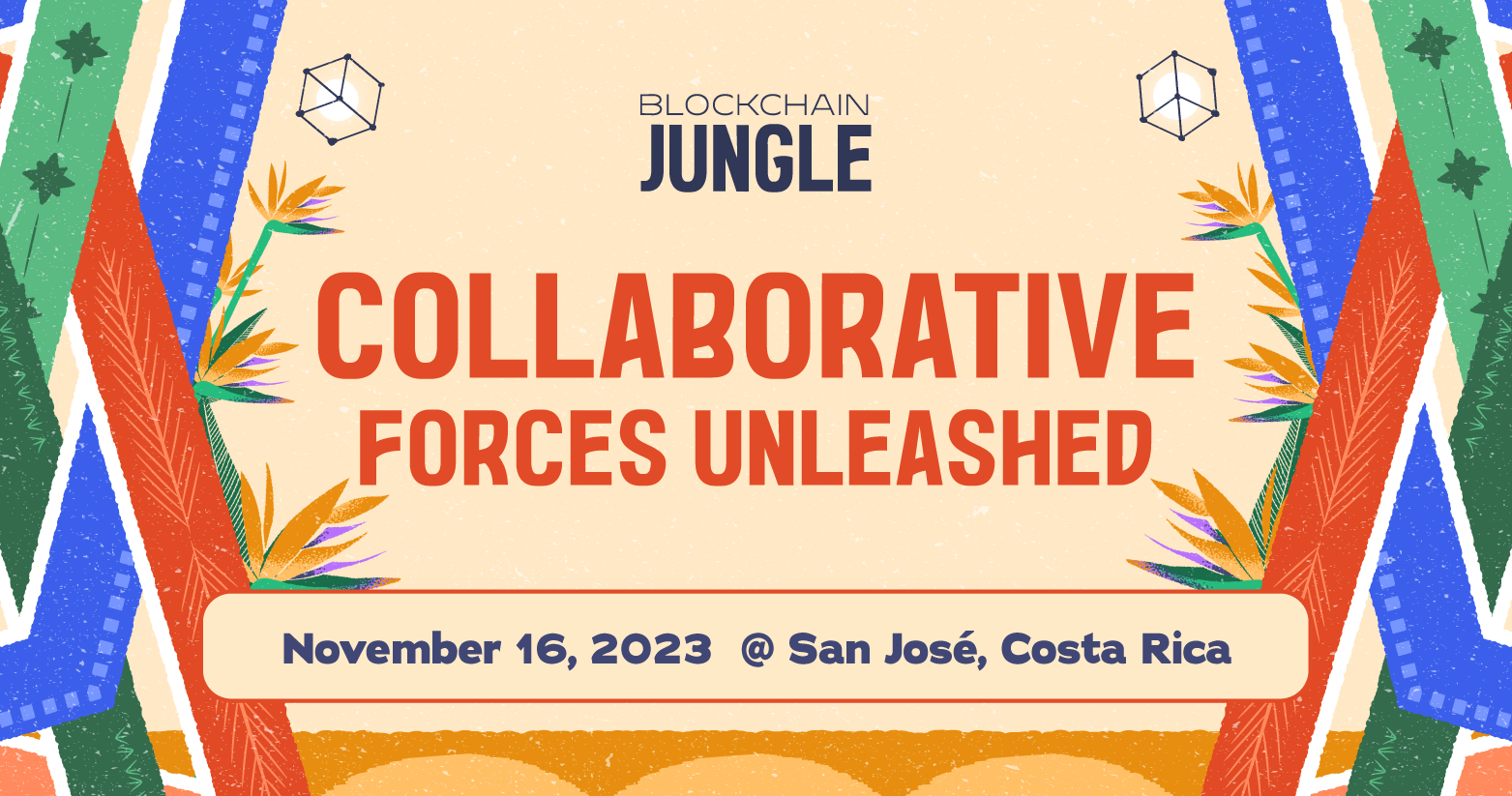











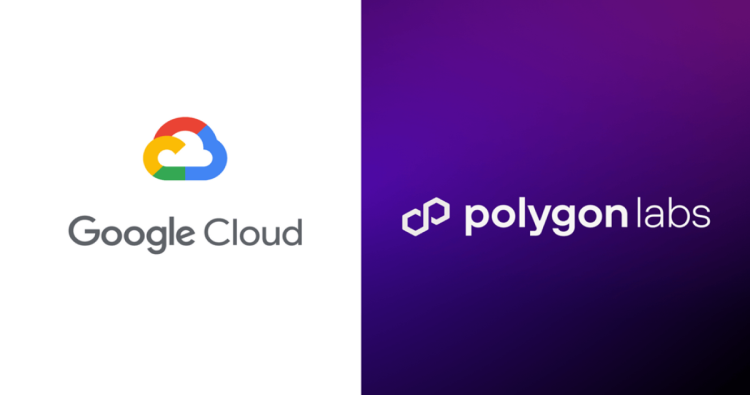






















.jpg)













